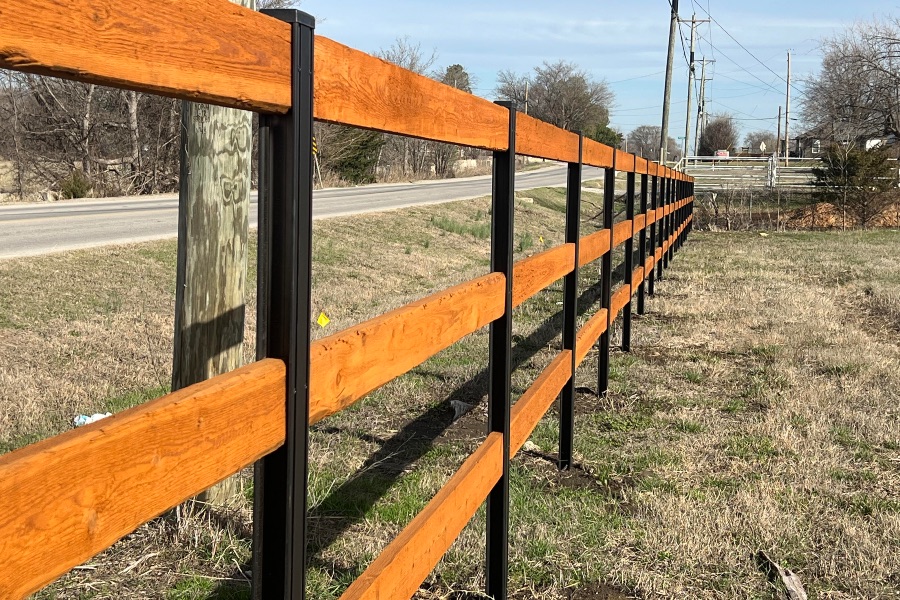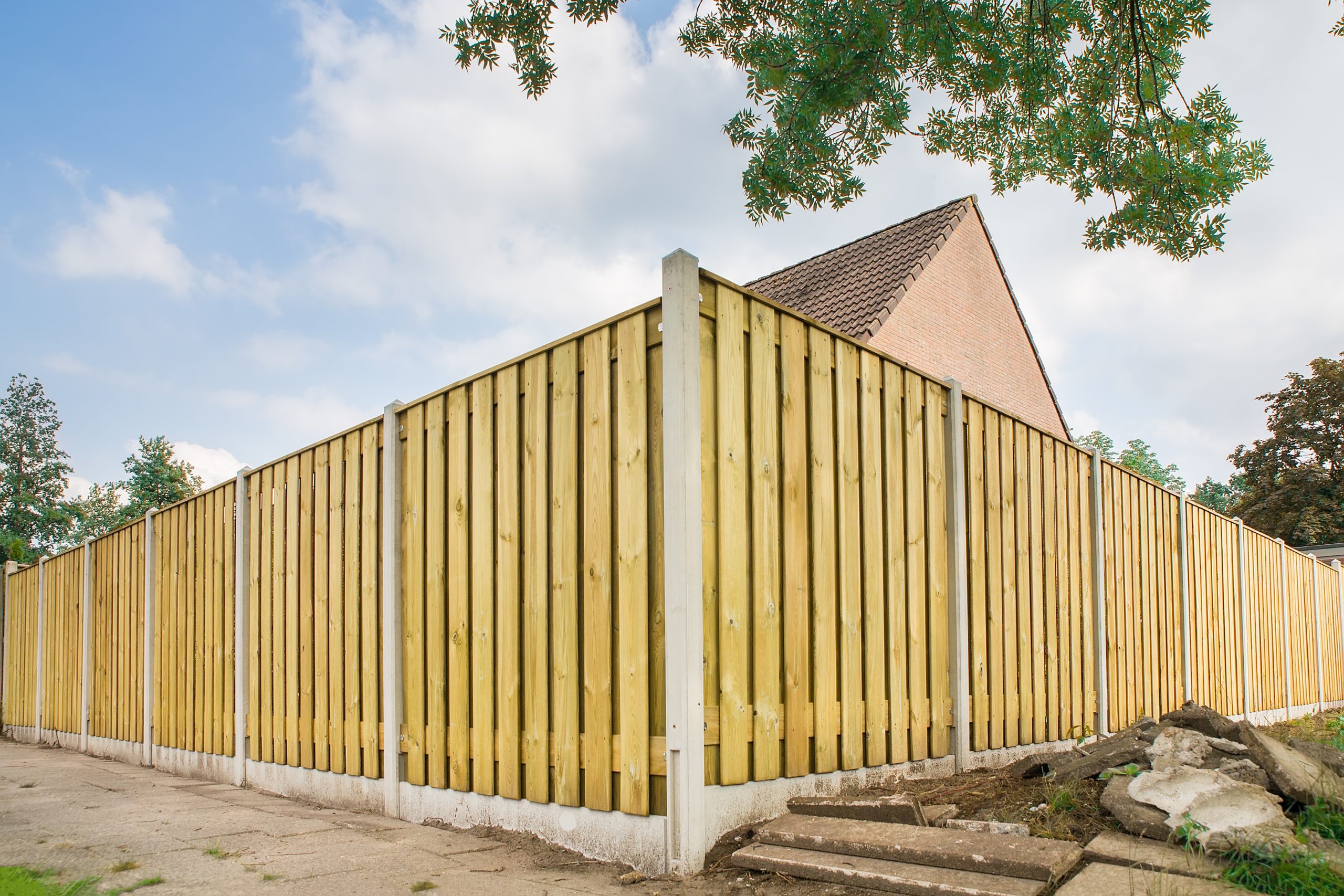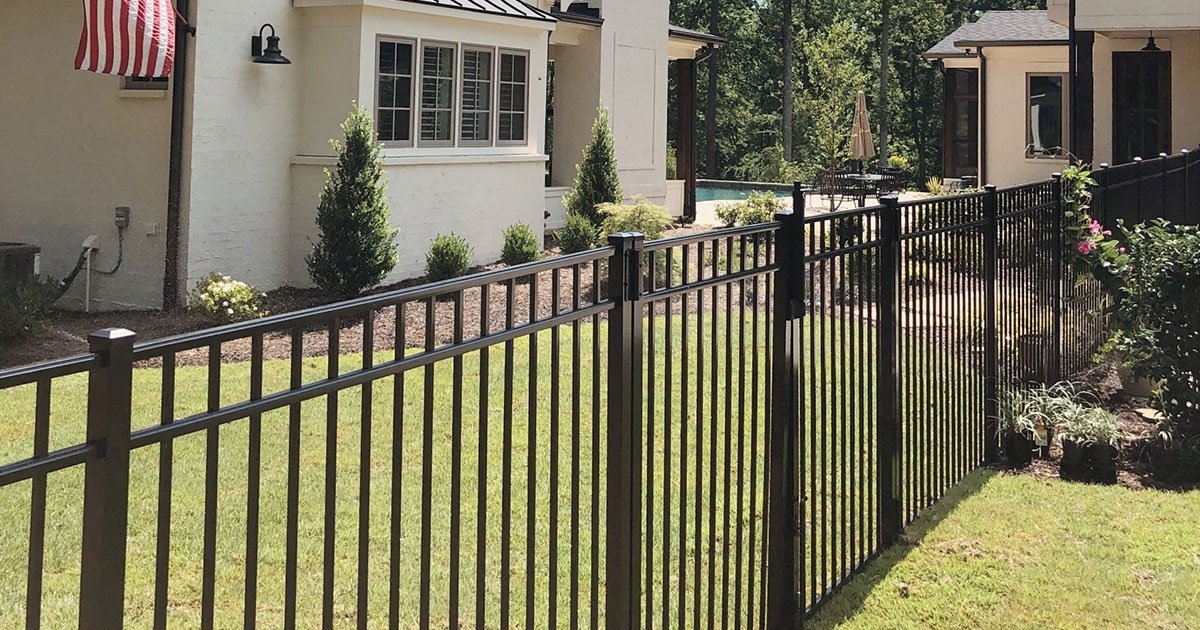All Categories
Featured

When preparing to mount a fencing around your residential property, among the primary steps is understanding the permitting demands in your location. While the procedure may seem uncomplicated, neighborhood guidelines can differ considerably depending upon where you live. Securing the proper licenses before beginning the installation is crucial to prevent prospective fines, disputes with neighbors, or perhaps needing to eliminate your fencing. Here's what you require to find out about obtaining the needed licenses for your fencing installment.
Why Do You Required a Permit for a Fence? A permit is often needed for fencing installations to make sure compliance with neighborhood building regulations, zoning regulations, and safety regulations. Permitting helps regional authorities maintain harmony in area aesthetics, security, and environmental factors to consider. It additionally ensures that the fence does not conflict with energy lines or public areas, and that it follows elevation and border constraints.

Typical Licenses Required for Fence Setup. Structure Authorization. Most locations need a building authorization for fence installment, especially if the fence surpasses a certain elevation (commonly over 6 feet) or is made from non-standard materials. This permit guarantees that your fence abides by neighborhood building regulations. In some locations, the structure division will certainly evaluate the site to guarantee that the fencing meets security and structural requirements.
Zoning Authorization. Zoning permits are designed to guarantee that your fencing follows neighborhood zoning legislations, consisting of obstacles from residential property lines, easements, and rights-of-way. Zoning laws vary from city to city, and in many cases, your fencing may need to be held up a particular variety of feet from the walkway or road. If your fence is in a historic area or various other specifically designated locations., a zoning permit may additionally be required.

Fencing Authorization. In some locations, a specific "fence permit" might be needed. This is normally needed when building a fencing for homes. The neighborhood government may specify the height, product, and design of the fencing to guarantee it blends well with the bordering neighborhood. Some cities limit chain-link fencings in front backyards or have details policies for privacy fencings.
HOA Authorization. You might need authorization before mounting a fencing if your home is part of a home owners organization (HOA) HOA standards commonly consist of specific regulations concerning the kind, height, color, and materials for fencings to keep the community's looks. HOA guidelines can be more stringent than city codes, so constantly inspect their standards before progressing.
Easement or Energy Permits. If your fence will be near or across an easement (such as an utility easement), you may need to acquire permission from the utility firm or various other entities that manage the land. This is specifically essential if you prepare to mine fencing messages, as it guarantees you won't harm underground utilities like water, gas, or power lines.
Exactly How to Discover What Permits Are Required. The most effective way to establish which licenses are essential for your fence setup is to contact your regional structure division or community office. They can offer you with specific information regarding demands in your area. Right here are a couple of steps you can take to find out:
Examine the City or County Internet site: Lots of city governments supply information concerning fence installment permits online. Look for structure or zoning sections on their site. Call or Browse Through Citizen Government Workplaces: If the information is not easily offered online, calling or checking out the regional workplace face to face can clarify what's needed. Consult a Specialist Contractor: If you're unsure or overwhelmed by the process, a regional contractor or fence installment company can help in browsing the permitting procedure, as they recognize with neighborhood policies. What Happens If You Do Not Get a License? Stopping working to acquire the required authorizations can lead to a variety of consequences. In numerous locations, you can face penalties, and your fencing may be ordered to be removed. Furthermore, if you offer your residential or commercial property in the future, the absence of proper authorizations can be a red flag for customers and influence the sale. Permitting makes sure that your fencing is certified and helps prevent future problems.
Verdict. Before mounting a fencing around your residential property, it's essential to examine whether an authorization is required in your location. Structure permits, zoning permits, HOA authorization, and utility approvals might all play a role in your fencing installment procedure. Putting in the time to research study and acquire the essential authorizations will certainly not only make certain that you're adhering to neighborhood policies, however likewise help secure your financial investment and preserve the honesty of your home.
Latest Posts
Find Montclare Auto Repair’s Most Popular Car Care Solutions and Why Drivers Choose Them
Published May 10, 25
1 min read
Learn About Oil Changes & More: Comprehensive Auto Care Solutions from Montclare Auto Repair
Published May 10, 25
1 min read
Delight in Fresh Seafood and Local Menus at Deauville Inn’s Dining Room
Published May 10, 25
2 min read
More
Latest Posts
Find Montclare Auto Repair’s Most Popular Car Care Solutions and Why Drivers Choose Them
Published May 10, 25
1 min read
Learn About Oil Changes & More: Comprehensive Auto Care Solutions from Montclare Auto Repair
Published May 10, 25
1 min read
Delight in Fresh Seafood and Local Menus at Deauville Inn’s Dining Room
Published May 10, 25
2 min read